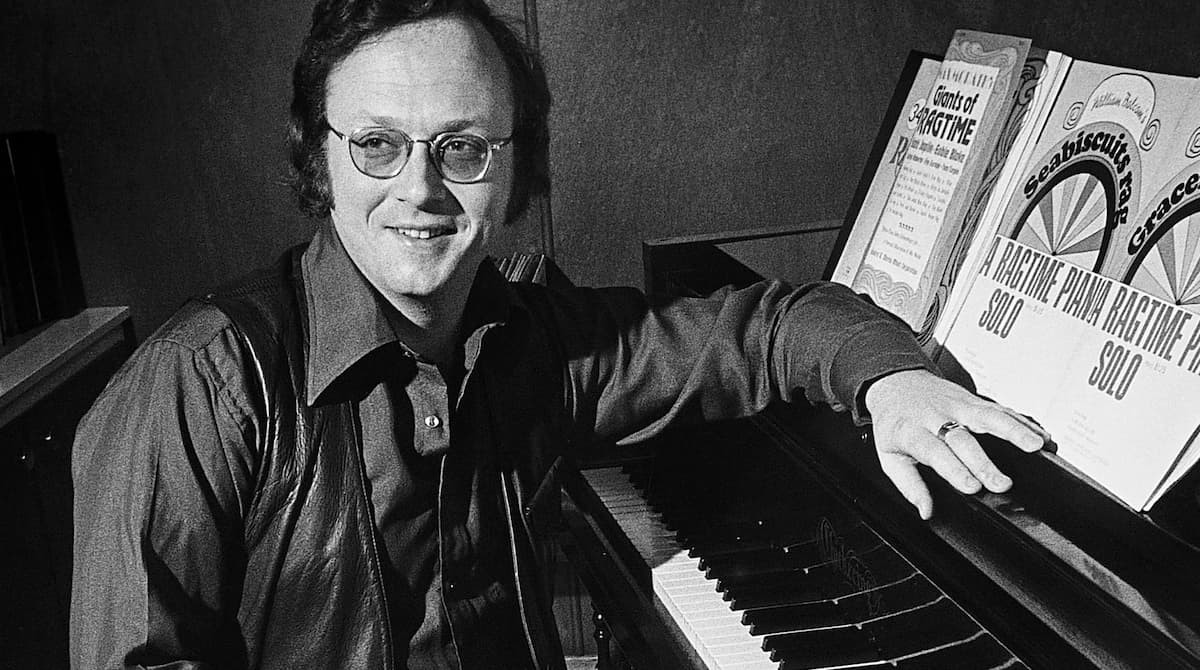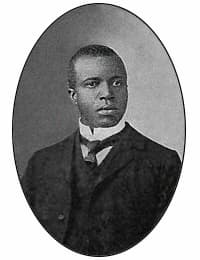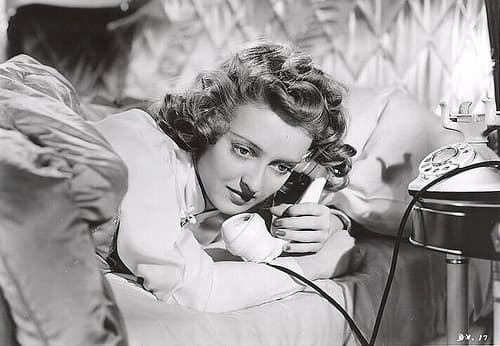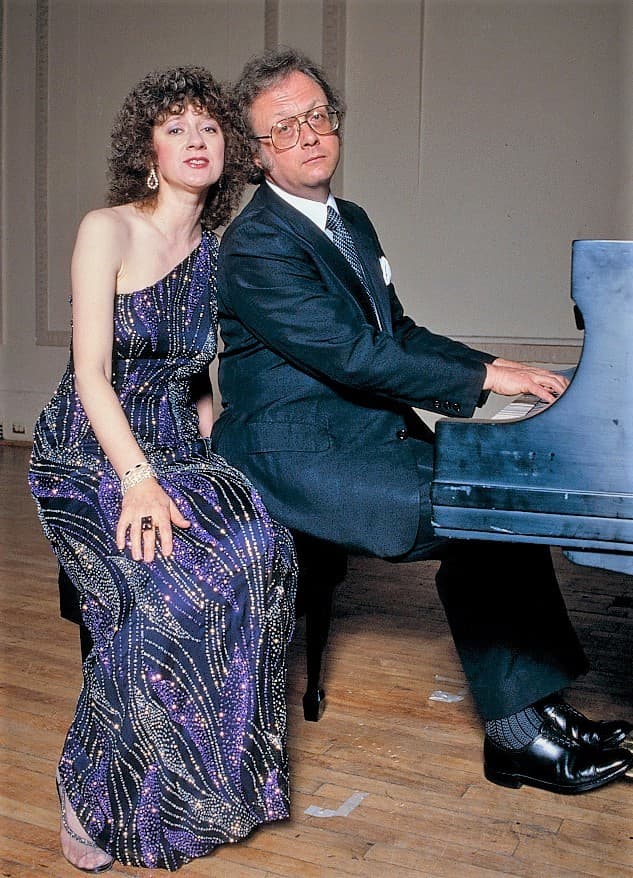American composer William Bolcom (b. 1938) brought popular music of the 19th century back into the spotlight, first with his many recordings with Joan Morris, mezzo-soprano, of music from the Golden Era at the turn of the 20th century. Show tunes, parlor songs, and even cabaret songs were part of their repertoire.

William Bolcom, 1969
With the rise of the cult of Scott Joplin leading up to his use in the music of The Sting in 1973, American composers began exploring this genre of piano music and writing their own. William Bolcolm says that ‘from about 1968 onwards a whole group of young American composers— Peter Winkler, William Albright, and several others—joined me in writing new tradition-style rags’. Albright and Bolcom would send each other rags by return of post. The works would have been unfamiliar to the audiences, yet the style was familiar and friendly. The composers stopped this work after 1975, when ragtime was everywhere, either via Josphua Rifkin’s recording for Nonesuch in 1970 or Gunther Schuller’s recordings of the instrumental versions found in The Red Back Book in February 1973. The film The Sting came out in December 1973.

Scott Joplin, 1903
Three of William Bolcom’s rags are collected as his 3 Ghost Rags. The first, Graceful Ghost, was written in 1970 in memory of his father.
William Bolcom: 3 Ghost Rags – No. 1. Graceful Ghost (William Bolcom, piano)
There’s an abrupt mood change with the second Ghost Rag, Poltergeist. This destructive spirit races around disturbing all around. Bolcom says that it ‘explores nearly every frozen appoggiatura: and substitution in the harmonic book’.
William Bolcom: 3 Ghost Rags – No. 2. The Poltergeist (Marc-André Hamelin, piano)
For his final Ghost, Bolcom summons the graceful spirit of movies from the 1930s and ‘40s, with our heroine talking on the white telephone next to her bed. The image comes from a recording pianist Paul Jacobs made when he grouped the three rags together under the Ghost Rags title.

Bette Davis in Dark Victory, 1939
William Bolcom: 3 Ghost Rags – No. 3. Dream Shadows (Marc-André Hamelin, piano)
Just as Joplin’s piano originals gained when they were orchestrated, so did Bolcom’s piano rags. The ensemble DeCoda gives us a different view of the mischievous poltergeist.
William Bolcom: 3 Ghost Rags – No. 1. Poltergeist (arr. H. Berry for chamber ensemble) (DeCoda)
Bolcom admits to having had a rag addiction but couldn’t quite give it up until 2015, when he wrote his last rag, Contentment, for his wife, Joan Morris, celebrating his nearly 50 years of happiness with her.

Joan Morris and William Bolcom in concert at Town Hall, New York, 1985
William Bolcom: Contentment (Marc-André Hamelin, piano)
Love songs, ghost songs, memory songs, all of these are in Bolcom’s rag bag.
For more of the best in classical music, sign up for our E-Newsletter
